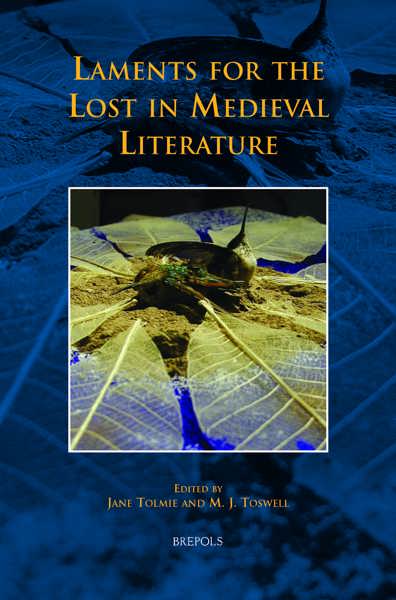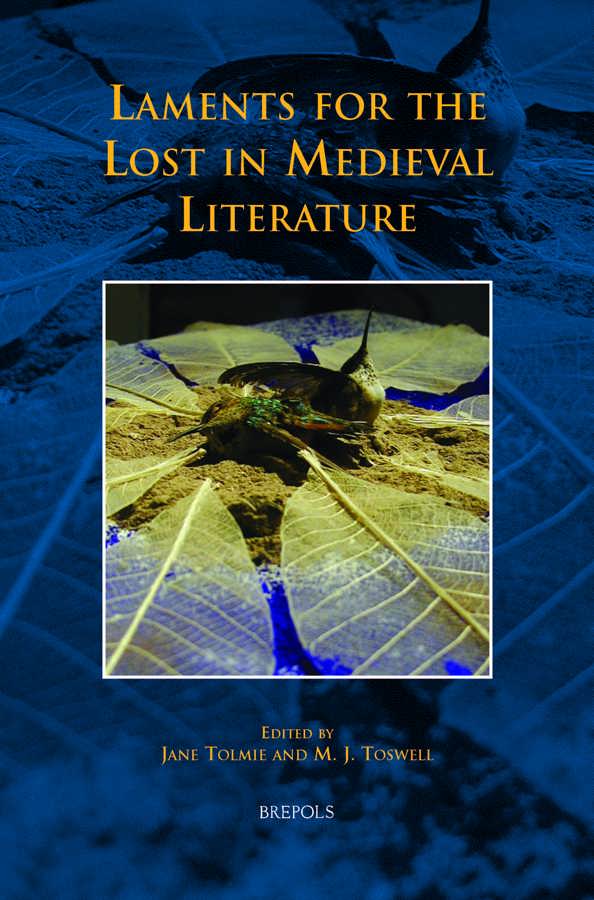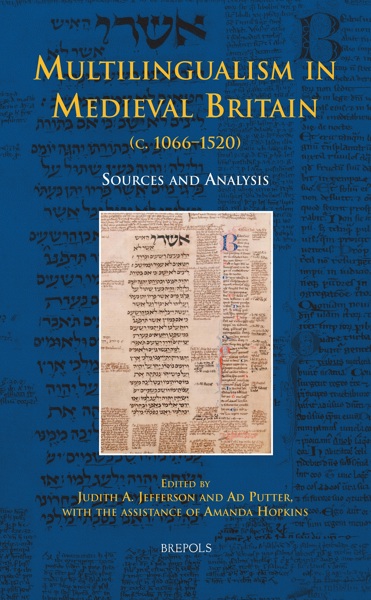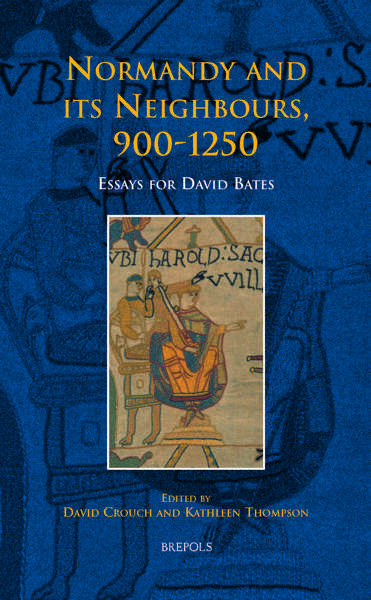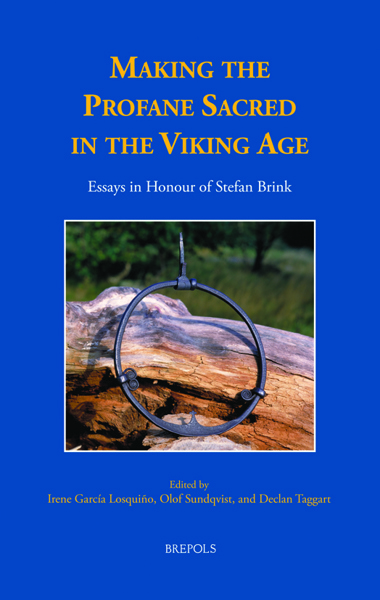
Laments for the Lost in Medieval Literature
Jane Tolmie, M. Jane Toswell (eds)
- Pages: xii + 306 p.
- Size:156 x 234 mm
- Language(s):English
- Publication Year:2010
- € 70,00 EXCL. VAT RETAIL PRICE
- ISBN: 978-2-503-52858-8
- Hardback
- Available
- € 70,00 EXCL. VAT RETAIL PRICE
- ISBN: 978-2-503-53903-4
- E-book
- Available
“Books like Laments for the Lost and Philology and Its Histories speak of the struggles of the human mind to make sense of the past and give expression to its wonders. The former speaks of them implicitly. The latter shouts them from the rooftops. They not only create superb scholarship but also revise the rules of engagement, consider the necessary limitations and the conditional freedoms inherent in our practice and assert their position in the random, pluralistic, fragmented but equally inflexible academic world. They will both tower over the humanities for many years, support new scholars, fight to be heard, and define and map out the aims we share. Their editorship has ensured it.” (Dr. Eugenia Russell, in Primary and Secondary Approaches to the Literary Past: A Book Review Essay, 1287, 2016)
Singing a Song of Sorrow: Tropes of Lament ANNE L. KLINCK
Structures of Sorrow: The Lament Psalms in Medieval England M. J. TOSWELL
Dustsceawung: Texting the Dead in the Old English Elegies MARY K. RAMSEY
The Grave, the Sword, and the Lament: Mourning for the Future in Beowulf ANNE SAVAGE
Laments for Lost Children: Latin Traditions JAN M. ZIOLKOWSKI
The Language of Philomena’s Lament SUSAN SMALL
Mary, Motherhood, and Theatricality in the Old Polish Listen, Dear Brothers and Chaucer’s Man of Law’s Tale ANNA CZARNOWUS
‘Myth to Live By’ in Sonatorrek JOSEPH HARRIS
‘Non enim possum plorare nec lamenta fundere’: Sonatorrek in a Tenth-Century Context til minningar um Stefán Karlsson RUSSELL POOLE
Lullaby as Lament: Learning to Mourn in Middle English Nativity Lyrics AMY N. VINES
Natural Feeling and Unnatural Mothers: Herod the Great, The Life of Saint Bridget, and Chaucer’s Clerk’s Tale REBECCA KRUG
‘Son, dey þou nat without þy modyre’: The Landscape of Suffering in The Lamentacioun of Oure Lady ELIZABETH TOWL
Christine de Pizan’s Life in Lament: Love, Death, and Politics NADIA MARGOLIS
Spinning Women and Manly Soldiers: Grief and Game in the English Massacre Plays JANE TOLMIE
Postscript/Postlude/Afterword DEREK PEARSALL
